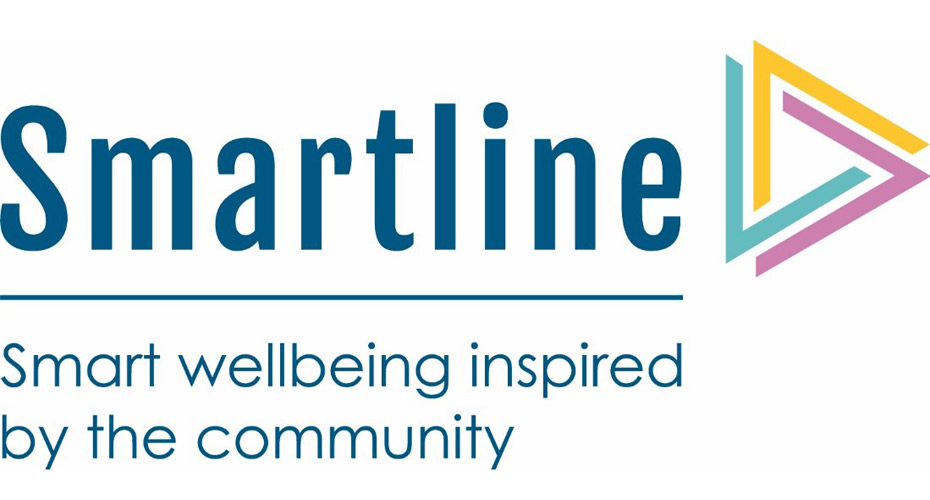Smartline: How Technology can help us to lead healthier and happier lives
Smartline
Key findings:
- If you volunteer or help people in your community, your mental health can be improved.
- Developing good relationships with your neighbours can make you happier
- People who live in social housing have a higher chance of getting asthma
Summary
Smartline is a research project led by the University of Exeter and funded by the European Regional Development Fund to look at the relationships between technology and the health and wellbeing of people and their communities.
Since 2017 researchers have been working with partners at Coastline Housing, Volunteer Cornwall and Cornwall Council to learn about the way people use technology and how they live in their homes and communities.
Sensors have been installed in 300 homes to measure air quality, humidity and energy use and surveys have been carried out to assess people’s health and wellbeing and to find out more about how they live their lives.
The project partners have also supported community projects such as a new garden area, IT and art classes and coffee mornings which have helped to increase understanding of social cohesion in the project area.
The homes are all Coastline Housing properties in Camborne, Illogan, Pool and Redruth – one of the most deprived parts of Cornwall and the UK.
The housing association is using the data to develop a better understanding of the environmental qualities of its homes and to make improvements such as enhanced ventilation and efficient new boilers. They can also pick up faults and provide energy-saving and wellbeing advice to tenants.
And, through knowledge exchange delivered by the University, local businesses are able to develop products and services to help too. For example, using smart technology to help monitor health conditions and testing new ideas in real-world situations.
To date, Smartline has assisted over 170 local businesses with a mix of grant funding and research expertise.
Some of the early findings from the research are highlighting issues for further work such as the growth of mould and the impact on adults with asthma, the benefits of volunteering and socialising and resistance to the adoption of new technology.
Now the project has got a welcome boost thanks to a three-year extension from the European Union with a total funding pot of over £4 million.
Principal Investigator Prof Karyn Morrissey says:
“We have been gathering hard data and insights from people and from sensors in their homes for three years and I’m excited to translate that information into new ways of improving residents’ lives.
“I’m so excited that we have got this extension as it means we can start to give back to the community after they have so generously participated in the research.”
The additional funding will be used to create projects that residents can interact with in practical ways and to trial technological solutions to the issues they face with social isolation, maintaining good health and wellbeing and participating in their community.

